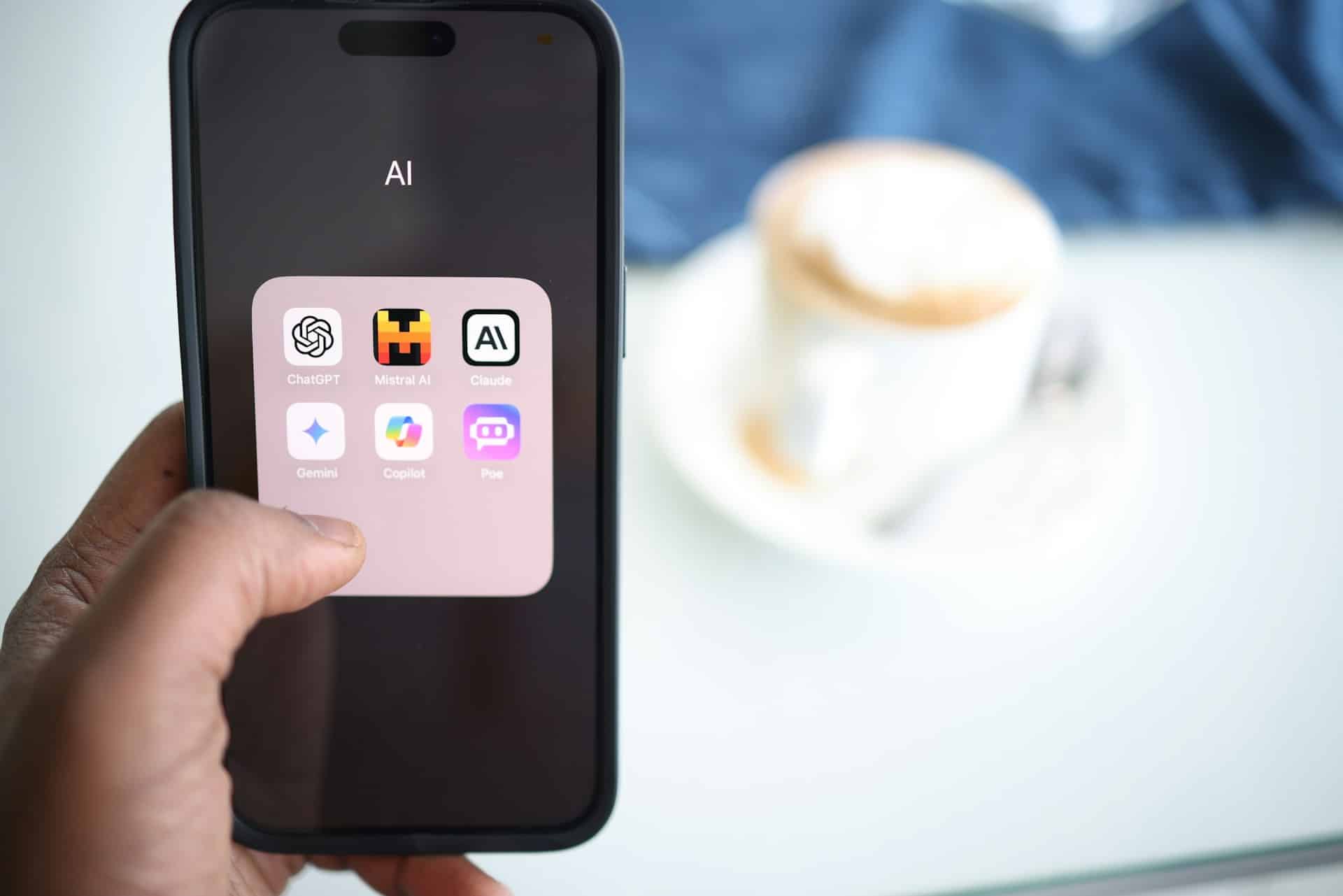
How to develop a mobile app that integrates AI for personalized healthcare advice in the UK?
The intersection of technology and healthcare has given rise to innovative solutions that are transforming how we approach medical treatment and patient care. One of the most promising developments in recent years is the integration of artificial intelligence (AI) into healthcare apps. By leveraging machine learning and AI, these apps can provide personalized healthcare advice, improving outcomes and making healthcare more accessible. But how do you develop a mobile app that effectively integrates AI for personalized healthcare advice in the UK? Here, we will explore the steps and considerations involved in this app development journey.
The Growing Need for AI in Healthcare
As the healthcare landscape evolves, there is an increasing need for apps that offer personalized and data-based health recommendations. With the NHS under constant pressure and the demand for healthcare providers exceeding supply, AI-powered mobile apps can bridge the gap by providing timely and personalized medical advice.
Sujet a lire : Elevate your video projects with 300 editable templates
AI in healthcare can analyze vast amounts of data quickly, identify patterns, and offer recommendations based on individual patient data. For instance, Google Scholar and PubMed Google databases house numerous studies and scholar articles illustrating the efficacy of AI in health. Patients can receive reminders for medication, alerts for potential health risks, and even mental health support through these apps. The potential is vast, and the need is urgent, making this an ideal time to delve into application development in this field.
Understanding the Regulatory Landscape
When developing a healthcare app in the UK, understanding the regulatory framework is crucial. The NHS and other regulatory bodies have stringent guidelines to ensure that medical apps are safe and effective. Failure to comply can result in legal consequences and loss of user trust.
A découvrir également : What are the most effective strategies for using data analytics to optimize marketing budgets for UK tech companies?
Regulations such as the General Data Protection Regulation (GDPR) govern how patient data is collected, stored, and used. It is essential to ensure that your app is GDPR-compliant, which involves implementing robust security measures to protect patient data. Additionally, your app must adhere to the guidelines set by the Medicines and Healthcare products Regulatory Agency (MHRA) if it offers medical advice or diagnoses.
Navigating these regulations can be complex, but it's a non-negotiable part of developing a healthcare app. Consulting with legal experts and staying updated with regulatory changes can help ensure compliance.
Leveraging AI and Machine Learning
Integrating AI into your healthcare mobile app involves a deep understanding of machine learning algorithms and how they can be applied to medical data. AI can analyze patient history, symptoms, and other relevant data to provide personalized healthcare advice. It can also predict potential health risks and suggest preventive measures.
Developing the AI component requires collaboration with data scientists and healthcare professionals. You will need to gather and annotate a significant amount of medical data to train your AI models. PubMed Google and Google Scholar are invaluable resources for accessing peer-reviewed articles that can inform your AI development process.
Furthermore, AI in healthcare is not just about analyzing data; it's also about learning and improving over time. Implementing a feedback loop where users can report inaccuracies or provide additional information can help refine the AI's recommendations. Ensuring transparency in how the AI makes decisions is also crucial for gaining user trust.
Designing the User Experience
A successful healthcare app must be user-friendly and accessible to a diverse audience. The design should be intuitive, making it easy for patients to navigate and use the app. Consider the varying levels of technology proficiency among your users, and aim for a design that caters to both tech-savvy individuals and those less familiar with mobile apps.
Healthcare is a sensitive field, and the app should prioritize user comfort and trust. This involves clear communication about how patient data will be used and ensuring that users feel their information is secure. Features like easy-to-understand privacy policies and transparent data usage explanations can help build trust.
Moreover, the app should be inclusive, accommodating users with disabilities. Implementing accessibility features such as voice commands and screen readers can make the app usable for a broader audience. The design should also consider the cultural diversity of the UK, providing support in multiple languages if possible.
Continuous Improvement and User Feedback
The development of a healthcare app does not end with its launch. Continuous improvement based on user feedback is essential to keep the app relevant and effective. Regular updates incorporating user suggestions and addressing any issues can enhance the user experience and improve the app's performance.
User feedback can provide insights into how the AI's recommendations are perceived and where improvements are needed. Engaging with your user base through surveys, ratings, and direct feedback can help identify pain points and areas for enhancement. Additionally, staying updated with the latest advancements in AI and machine learning can help you incorporate cutting-edge features into your app.
It's also important to monitor the regulatory landscape continuously. Any changes in healthcare regulations or data protection laws can impact your app's compliance status. Regular consultations with legal experts can help ensure that your app remains compliant with all relevant regulations.
Developing a mobile app that integrates AI for personalized healthcare advice in the UK involves navigating complex regulatory requirements, leveraging advanced technology, designing user-friendly interfaces, and continuously improving based on user feedback. The potential benefits of such apps are immense, offering patients timely, personalized healthcare advice and freeing up resources for healthcare providers.
By understanding the regulatory landscape, leveraging AI and machine learning, designing an intuitive user experience, and prioritizing continuous improvement, you can develop a healthcare app that truly transforms the way healthcare is delivered in the UK. With the right approach, your app can become an invaluable tool for patients and healthcare professionals alike, making healthcare more accessible, efficient, and personalized.
In conclusion, the integration of AI into healthcare is not just a trend but a significant step towards the future of patient care. With the right application development strategy, you can create a mobile app that meets the needs of today's healthcare environment and sets the stage for future innovations.
